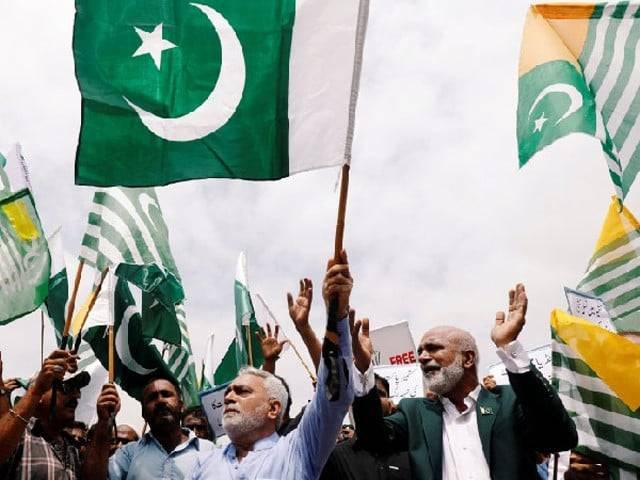Mubashar Nadeem
In the face of escalating tensions following the tragic Pahalgam attack in Indian-administered Kashmir, Pakistan has demonstrated remarkable unity and resilience. Despite provocative actions from its eastern neighbour, Pakistan’s response has been measured, emphasizing diplomacy, national solidarity, and a commitment to peace.
On April 22, 2025, a militant attack in Pahalgam resulted in the deaths of 26 tourists, predominantly Hindus. India swiftly accused Pakistan of involvement, citing the nationality of two suspected gunmen. Pakistan vehemently denied these allegations, offering to participate in a neutral investigation. The National Assembly Standing Committee on Defence condemned the loss of lives and rejected India’s unfounded accusations, emphasizing Pakistan’s consistent stance against terrorism
In response to India’s suspension of the Indus Waters Treaty and other retaliatory measures, Pakistan’s National Security Committee (NSC) convened to address the situation. The NSC termed India’s actions as unilateral and politically motivated, reaffirming Pakistan’s commitment to peace while asserting its right to defend its sovereignty .
Please subscribe to the YouTube channel of republicpolicy.com for quality podcasts:
Recognizing the gravity of the situation, Pakistan’s Foreign Minister Ishaq Dar engaged with international counterparts, including China’s Foreign Minister Wang Yi, Saudi Arabia, and the United Kingdom, to garner support and advocate for a neutral investigation into the Pahalgam attack . The United States also played a role in de-escalation efforts, with Secretary of State Marco Rubio urging both nations to exercise restraint and engage in dialogue .
Amid these external pressures, Pakistan’s internal cohesion has been a cornerstone of its response. The nation’s ability to set aside political differences in the face of adversity reflects a deep-seated commitment to national integrity. However, it is crucial for political and institutional leaders to recognize that dissent and differing viewpoints are natural components of a healthy democracy. Labeling opposition as ‘disloyalty’ undermines the very fabric of democratic discourse and can erode public trust.
While the threat of military escalation looms, it is imperative that both Pakistan and India prioritize diplomatic channels over military confrontation. The international community must support efforts that promote dialogue, mutual understanding, and respect for international norms. A peaceful resolution to the current crisis is not only in the best interest of both nations but also vital for regional stability.
In conclusion, Pakistan’s response to the Pahalgam attack and subsequent tensions with India underscores the importance of unity, diplomacy, and adherence to international law. By fostering internal cohesion and engaging constructively with the international community, Pakistan can navigate this crisis and work towards a peaceful and prosperous future for its people and the region.
















